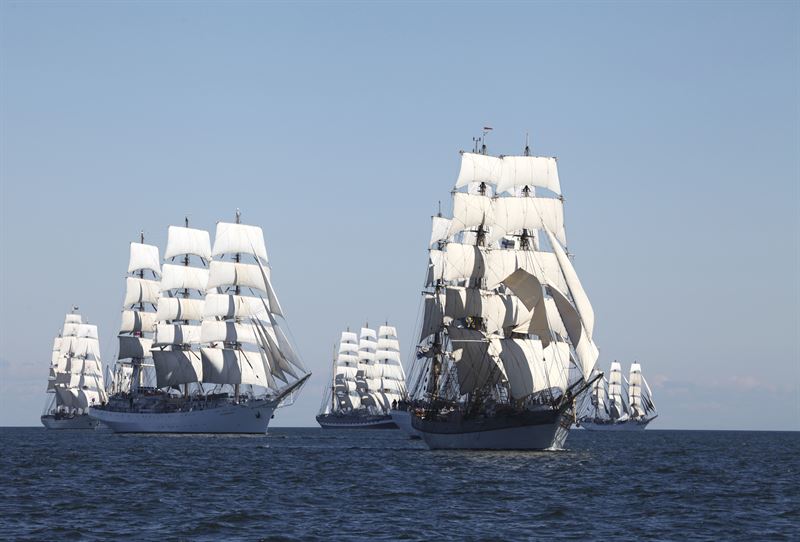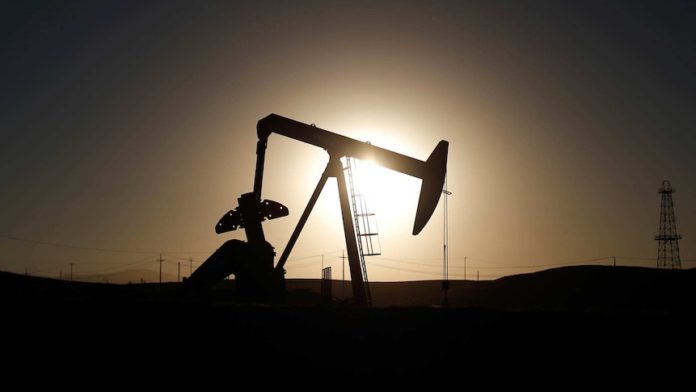Adam Piggott pointed out last year that if Australia goes to war, we’re screwed:
“Convinced of the sacrosanct new world order and the impossibility of major future conflicts, or perhaps because of sheer stupidity, Australia’s strategic defense position can only be described as impossibly complacent. Fuel security is now almost non-existent with the country down to three out of date refineries, all of which are under review by their respective owners as to whether or not to remain in operation. A 2020 report into Australia’s fuel security situation revealed that on average the country has five days of fuel reserves available.
“All foodstuffs that are harvested, processed and transported in Australia require fuel at every step of the process. It’s not just that a major conflict which cut off fuel supplies to the nation would mean that our military would quickly grind to a halt; we would run out of food in a matter of weeks. During the Second World War, harvesting was done by manpower and horsepower. Transport was achieved via a vast network of local rail networks run off coal. In other words, it was largely unaffected by attacks on shipping lines. But not today..
“China won’t invade Australia; it won’t have to. Why start a land war in an enormous country the size of Australia when you can just starve us into submission?”
It seems the people tasked with defending Australia have suddenly remembered this:
Defence analysts have called for Australia to speed up its transition to electric vehicles and other forms of green transport, saying the country’s heavy reliance on imported oil is a “massive” security weakness.
John Blackburn, a retired air vice marshal, said the national economy would “grind to a halt” within weeks of a disruption to fuel supplies given 90 per cent were brought in from overseas.
His views have been echoed by the Australian Strategic Policy Institute, which said the rising risks of a war in the Asia-Pacific region meant that shoring up Australia’s energy security was becoming increasingly urgent.
The comments come amid heightened concerns about energy security around the world after Russia launched its bloody invasion of Ukraine last month.
Mr Blackburn said the turmoil in Ukraine had shone a harsh spotlight on Europe’s dependence on Russian oil and gas, which he said gave Moscow the ability to strongarm opponents of his war.
He said Australia’s almost total reliance on foreign oil was just as big a weakness — if not bigger — and would hobble the country’s capacity to function in the event of supplies being cut.
“Over the past couple of decades, we’ve gone from actually processing a lot of our own oil with, say, seven refineries, to a situation today where only about 10 per cent of all our transport fuels come from Australian oil that’s refined in the last two remaining refineries,” Mr Blackburn said.
“That means we’re 90 per cent import dependent.
“The problem then is all the fuel and oil that comes to us comes on foreign-owned or foreign-controlled ships.
“We don’t have any Australian flagged ships that can move it.
“And we’re not only dealing with foreign companies, we’re dealing with foreign governments.
“We’re buying a lot of our fuel off China, the country that we’re worried about.
“So, we do not have good energy security as it relates to fuel and that’s a problem.”
But it’s okay because it will help us transition to a “green” economy or something.
But longer term, Mr Shoebridge said there was a pressing need to fast-track the adoption of green transport to help Australia wean itself off imports of fossil fuels, particularly oil.
Mr Shoebridge said renewable energy would help strengthen the resilience of Australia’s economy and defence forces by reducing their reliance on fragile supply chains.
“As the world economy shifts away from fossil fuels and refined products towards electrification, the defence forces of the world that are dependent on getting supplies wherever they operate … will find it harder to source the volumes and kinds of fossil fuels that they want,” he said.
“The flipside to more renewable power that’s available domestically and less reliance on imported petroleum and diesel products, is to turn our strategic location and vulnerability to extended supply chains to an advantage.
“So it turns the current vulnerable energy supply into a positive because it’s much harder to disrupt a strong local renewable energy system.”
That, ladies and gentlemen, is called a cope. The XYZ understands the government has ordered a new fleet of green warships which are expected to arrive mid-2045 from England:

Sources also claim our next generation of solar powered tanks will only be able to operate during the day, but that’s okay because the Chinese can’t operate at night anyway because they can’t see in the dark because they have such tiny slits for eyes.
Anyway, this is yet another example of Australia’s ruling class making decisions which are not even slightly in Australia’s national interest (let alone in accordance with the wishes of the Australian people) but merely tick boxes for a web of international institutions which have hijacked the policy process of sovereign nations.
The most logical response to an energy security crisis in Australia should be to crank up coal production, rebuild oil refineries, build multiple nuclear plants in every state, and build new dams while expanding the capacity of existing ones. Instead, Scott Morrison has already committed Australia to so-called “net-zero” carbon emissions, which will cripple Australia’s energy production.
This toes the line of the UN’s Agenda 2030 and the WEF’s agenda of transitioning to non-existent “clean energy” to provide our electricity.
All of this lends to the impression that either the entire conflict in the Ukraine has been staged in order to problem-action-solution us into a “clean energy” dystopia, or that Western governments have provoked a war with Russia and China with the sole intention of losing it.
Subscribe to XYZ on Telegram, Bitchute, Patreon, Twitter and Gab.








